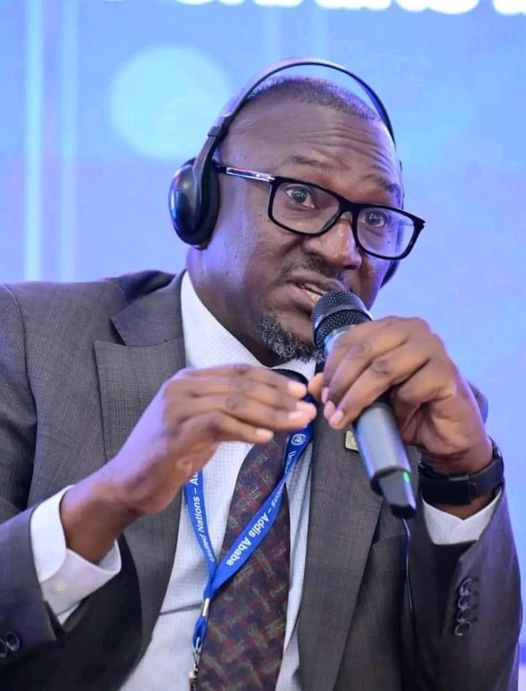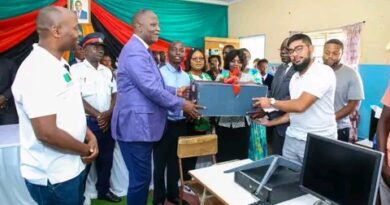Govt Approves K3.1 Billion Drought Resource Plan to Combat Water Shortages
The Zambian government has approved a K3.1 billion drought resource plan to address the severe water shortages plaguing large parts of the country.
Water Development and Sanitation Minister Collins Nzovu announced the initiative at a press briefing in Lusaka, highlighting the plan’s focus on mitigating the adverse effects of the El Niño weather phenomenon.
Minister Nzovu detailed the urgency and scope of the response, which includes various projects led by water utility companies to establish resilient water supply systems.
Key components of the plan involve the construction and rehabilitation of dams, refurbishment of non-functional boreholes, and the drilling of both domestic and commercial boreholes equipped with solar pumps.
“We are also drilling both domestic and commercial boreholes and equipping them with solar pumps,” Nzovu stated. “The government will ensure that there is dedicated power supply to the water sector.”
The ongoing drought, intensified by El Niño, has significantly depleted groundwater levels, especially in Lusaka, Zimba, and Pemba districts. Households in these areas face severe water shortages, impacting daily life and agricultural activities.
Residents in Pemba and Zimba districts often travel long distances to access potable water, while farmers struggle to irrigate crops, leading to reduced yields and increased food insecurity.
Minister Nzovu emphasised the collaborative nature of the project, with a dedicated team of 20 engineers from the Ministry, the Water Resources Management Authority (WARMA), and various water utilities.
“Several commercial boreholes will be drilled and equipped with solar power supply,” he added. “We are procuring contractors next week to conduct feasibility studies, ensuring that all these projects are properly executed.”
The initiative aims to benefit the most affected areas and is expected to be completed by the end of the year. Minister Nzovu expressed confidence in the plan’s ability to strengthen the country’s water infrastructure and improve access to water for both domestic and commercial needs.



